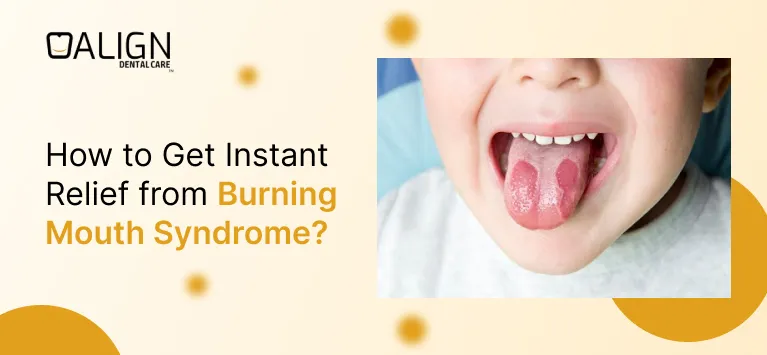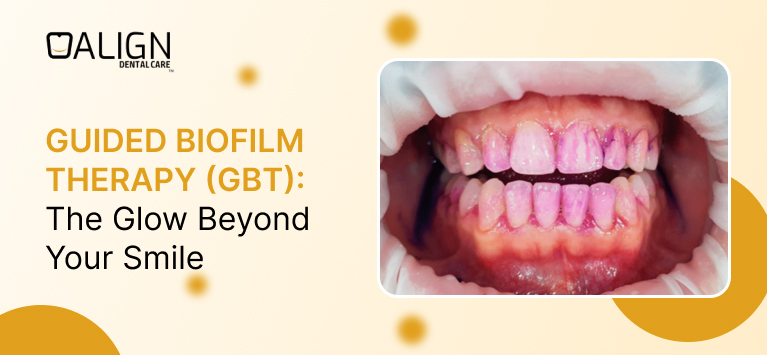
Apple Cider Vinegar for Teeth Whitening
In recent years, ACV has gained popularity as a natural remedy for various health and beauty benefits, including teeth whitening. This humble pantry staple contains acetic acid. Further, it has antibacterial properties and can help remove stains from the surface of teeth. However, using ACV safely and effectively is essential to avoid damaging your tooth enamel. This comprehensive guide will explore apple cider vinegar and teeth whitening. We will also learn its benefits and risks and how to use it properly for optimal results.
Table of Contents
Understanding ACV for Teeth Whitening
Apple cider vinegar (ACV) is derived from fermented apple juice. It contains acetic acid, known for its antibacterial and acidic properties. These properties make ACV an effective natural remedy for teeth whitening.
How Does ACV Whiten Teeth?
Let’s see how ACV whiten teeth effectively:
Acetic Acid Breaks Down Stains
The acetic acid in ACV helps break down stains on the surface of teeth. This includes those caused by coffee, tea, and red wine.
Kills Bacteria
ACV’s antibacterial properties can help kill bacteria in the mouth that contribute to plaque buildup and discoloration.
Balances pH
ACV can help balance the pH levels in the mouth. It creates an environment less conducive to bacteria growth and staining.
Promotes Gum Health
ACV may also benefit gum health, reducing inflammation and preventing gum disease.
Benefits of Using ACV for Teeth Whitening
Natural and Chemical-Free
ACV offers a natural alternative to commercial teeth whitening products that may contain harsh chemicals.
Affordable
ACV is relatively inexpensive and readily available compared to professional teeth whitening treatments.
May Improve Oral Health
In addition to whitening teeth, ACV may help improve oral health by reducing bacteria and plaque buildup.
Provides Fresh Breath
ACV’s antibacterial properties can also help freshen breath by killing odor-causing bacteria in the mouth.
Risks and Precautions of Whiten Teeth with Apple Cider vinegar
The risks and precautions related to whitening teeth with apple cider vinegar are as follows:
Potential Damage to Tooth Enamel
ACV is acidic and can erode tooth enamel if used improperly or frequently. It is essential to dilute ACV and avoid prolonged exposure to protect tooth enamel.
Sensitivity
Some individuals may experience increased tooth sensitivity when using ACV for teeth whitening. If you notice any discomfort, discontinue use and consult your dentist.
Staining of Dental Work
ACV may cause staining or damage to dental work, such as fillings or crowns. Avoid using ACV if you have extensive dental work or consult your dentist beforehand.
Avoid Direct Contact with Gums
ACV can irritate the gums and soft tissues in the mouth. Be careful to apply ACV only to the teeth and rinse thoroughly after use.
How to Do Teeth Whitening with Apple Cider Vinegar?
The following is the process for teeth whitening with apple cider vinegar:
Dilute ACV
Mix one part ACV with two parts water to create a dilute solution. This will reduce its acidity and minimize the risk of enamel erosion.
Use as Mouthwash
Swish the diluted ACV solution in your mouth for 30 seconds to one minute, then spit it out. After using the solution, rinse your mouth thoroughly with water.
Limit Frequency
Limit the use of ACV to whiten teeth to a few times per week. This will avoid overexposure and potential damage to tooth enamel.
Monitor Sensitivity
Pay attention to any signs of increased tooth sensitivity or irritation. If you experience any discomfort, stop using it and seek advice from your dentist.
Follow with Fluoride Rinse
After using ACV, rinse your mouth with a fluoride mouthwash or water to help remineralize and protect tooth enamel.
Alternatives to Apple Cider for Teeth Whitening
While ACV can be effective for teeth whitening, it’s not the only option available. Here are some alternatives for apple cider for teeth whitening to consider:
Baking Soda
Baking soda is mildly abrasive and can help remove surface stains from teeth. Combine it with water until it forms a paste, then gently brush your teeth.
Hydrogen Peroxide
Hydrogen peroxide is often a common ingredient in many commercially available teeth-whitening products. Use it as a mouthwash or in combination with baking soda for whitening.
Activated Charcoal
Activated charcoal is reputed to draw out toxins and lift stains from the teeth. Utilize it as a toothpaste or with other ingredients for a natural whitening treatment.
Strawberries
Strawberries contain malic acid, which is believed to aid in whitening teeth. Mash up strawberries and apply the paste to your teeth for a few minutes, then rinse thoroughly.
Final Thoughts
Apple cider vinegar (ACV) can be an effective and natural solution for teeth whitening. The only rule is it should be used correctly and in moderation. Its acidic properties help break down stains and kill bacteria, leading to a brighter smile. However, it’s essential to dilute ACV and monitor for sensitivity. Also, try to avoid overuse to protect tooth enamel and oral health. Remember to consult your dentist before starting any new teeth whitening regimen. It is especially recommended if you have underlying dental issues or concerns.
Incorporate ACV into your oral care routine responsibly. And you can enjoy the benefits of a whiter, brighter smile without resorting to harsh chemicals or expensive treatments. So, give ACV a try and let your smile shine!












